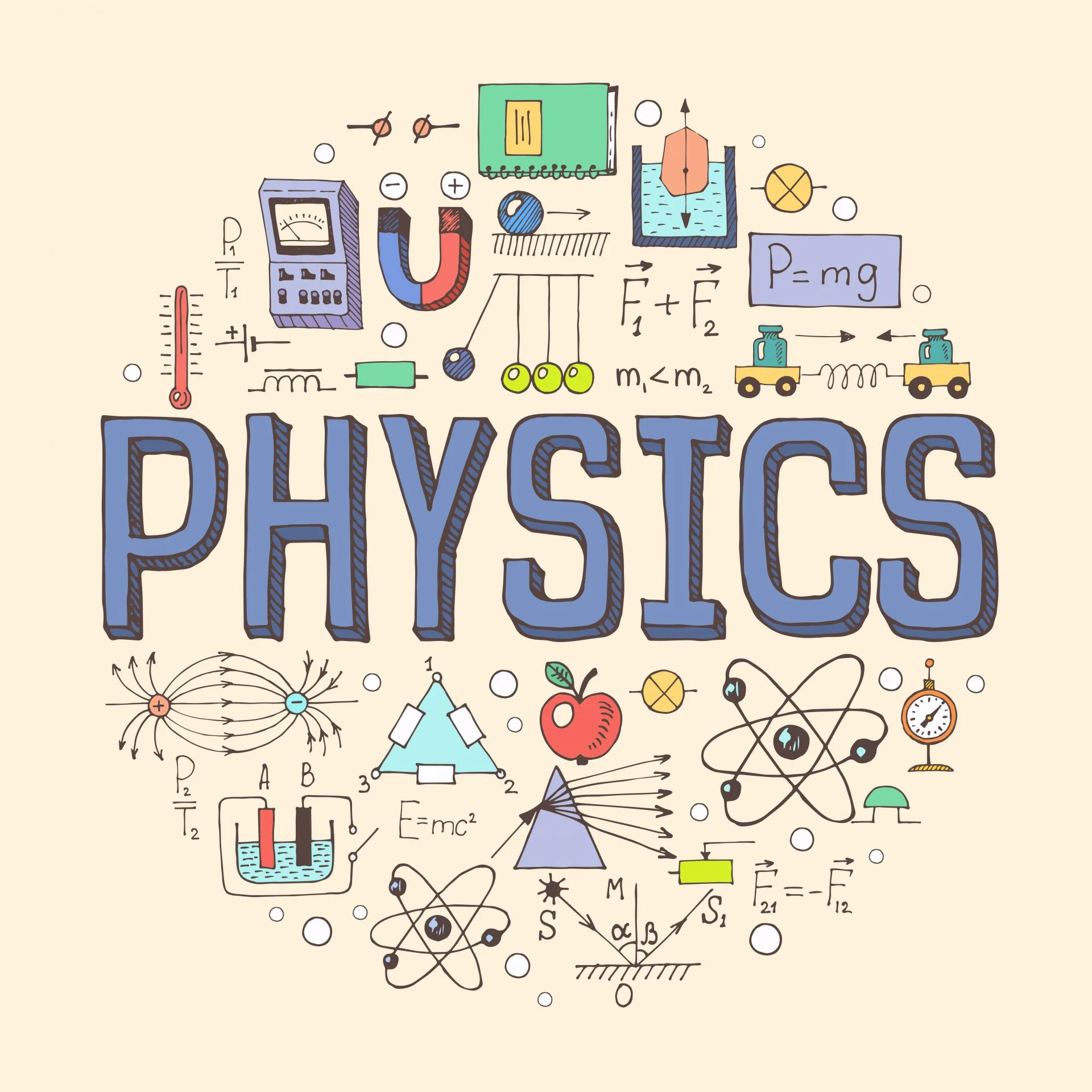![]()
Introduction 🔽
Are long-answer questions in GCSE Physics leaving you stumped? Worry not! We’re here to help you conquer these questions with ease and boost your academic success. This guide is packed with practical tips, real-life examples, and actionable advice to help you excel in your Physics exams.
Understanding the Basics 🧐
Long-answer questions (LAQs) require a detailed, structured response, typically asking for explanations, analysis, or applications of Physics concepts. To tackle these questions effectively, you need a solid understanding of the key topics and the ability to apply them to unfamiliar situations.
Breaking it Down 🔧
- Read the Question Thoroughly: Understand what’s being asked. Identify key words like ‘explain’, ‘compare’, or ‘calculate’.
- Plan Your Answer: Before you start writing, make a quick plan outlining the main points you’ll cover. This will help you stay focused and ensure you address all parts of the question.
- Structured Response: Use clear headings and subheadings to structure your answer. This makes it easier for the examiner to follow your thought process.
Practical Tips 💡
- Use Diagrams and Equations: Visual aids can help clarify your explanations and make your answers more engaging.
- Answer in Full Sentences: Ensure your answers are well-written and coherent. Use correct grammar and spelling to make your answers easy to understand.
Real-Life Example 🌟
Question: “Explain Newton’s second law of motion and use it to calculate the force exerted on a 5kg mass when it accelerates from rest to 3m/s in 2 seconds.”
Answer:
- Introduction**: Newton’s second law of motion (F=ma) relates the force acting on an object to its mass and acceleration.
- Explanation**: Force (F) is equal to the mass (m) of the object times its acceleration (a). In this case, the mass is 5kg, and the acceleration is 3m/s² (as the object accelerates from rest to 3m/s in 2 seconds).
- Calculation**: Using the formula F=ma, we find the force to be 75 N.
- Conclusion**: Therefore, the force exerted on the 5kg mass is 75 N.
FAQs ❓
- 📝 What’s the best way to approach long-answer questions in GCSE Physics?
A. Start by understanding the question, plan your answer, structure your response, and use diagrams and equations where appropriate.
- 🧐 How can I improve my understanding of complex Physics concepts?
A. Seek help from a tutor, attend extra classes, or use online resources to reinforce your understanding.
- 💡 What strategies can I use to make my answers more engaging?
A. Use clear headings and subheadings, write in full sentences, and use real-life examples or analogies.
- 📚 Where can I find more practice questions for long-answer questions in GCSE Physics?
A. GCSE Science Tuition and GCSE Maths Tuition resources often include practice questions that can help you prepare for your exams.
- 🤝 Is online tutoring a good option for tackling long-answer questions in GCSE Physics?
A. Yes, online tutoring can provide personalised learning experiences and one-on-one support, which can be beneficial for understanding and tackling long-answer questions.




